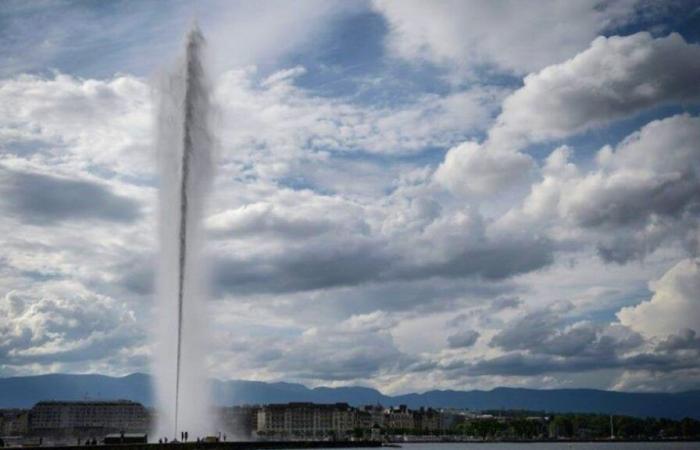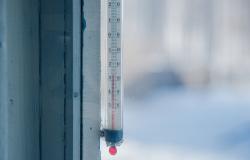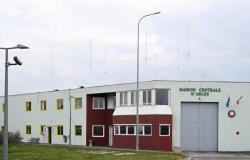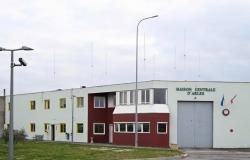Iran will meet with European countries on January 13, 2025 in Geneva.
AFP
Iran will hold discussions on its nuclear program with France, Germany and the United Kingdom on January 13 in Geneva, after previous talks in Switzerland at the end of November, Iranian media reported on Wednesday.
It will be a “dialogue and a consultation and not negotiations”, specified the Iranian diplomat Kazem Gharibabadi, envoy from Tehran to the previous meeting in Geneva, quoted by the Isna agency.
The November meeting took place in the greatest secrecy on the banks of Lake Geneva.
That of January will take place a week before the return to the White House of American President Donald Trump, architect of a so-called “maximum pressure” policy towards Iran during his first term (2017-2021).
In November, France, Germany and the United Kingdom, associated with the United States, adopted a resolution accusing Iran of a lack of cooperation on nuclear power, during a meeting of the International Nuclear Safety Agency. Atomic Energy (IAEA).
In response, Tehran announced the commissioning of additional centrifuges to further enrich its uranium, as part of its nuclear program.
The Iranians defend the right to nuclear power for civilian purposes, particularly for energy, and deny wanting to acquire atomic weapons, something that Western countries strongly doubt.
Iran has not changed its nuclear doctrine, reiterated Monday Ali Akbar Ahmadian, a close advisor to Iranian Supreme Leader Ayatollah Ali Khamenei, who has the final say on all strategic decisions in Iran.
According to the UN nuclear watchdog, Iran is the only non-nuclear weapon state to enrich uranium to 60%, close to the 90% needed to make an atomic weapon, under the IAEA definition. .
In 2015, Iran concluded an agreement in Vienna with France, Germany, the United Kingdom, China, Russia and the United States to regulate its nuclear program.
In return, the text provided for a reduction in international sanctions against Tehran.
But in 2018, Donald Trump unilaterally withdrew his country from the agreement – which Tehran was complying with, according to the IAEA – and reestablished heavy sanctions against Iran, to the great dismay of the signatory European countries.
Iranian President Massoud Pezeshkian, who wants sanctions relief to revive his country’s economy, is in favor of new negotiations to revive the agreement.
(afp)






